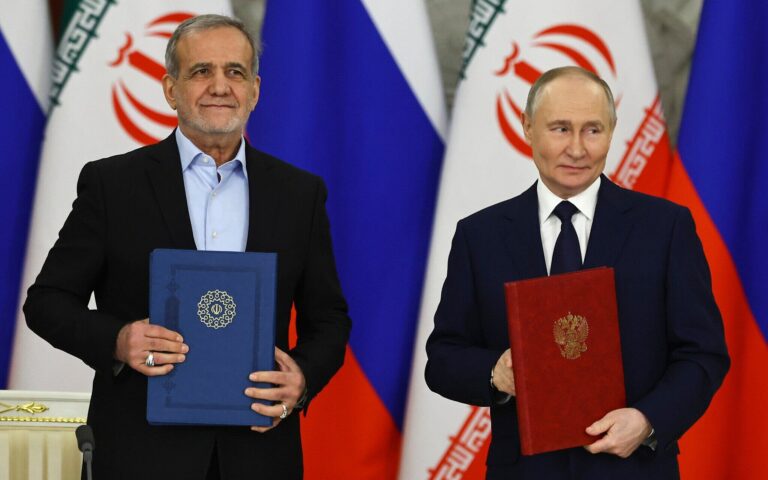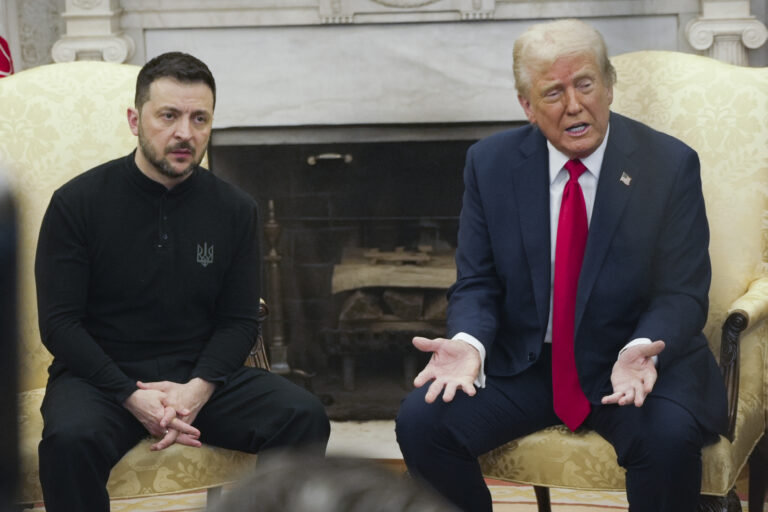(VIDEO IN EXTENDED ARTICLE)
Prime Minister Binyamin Netanyahu on Tuesday, 21 Elul, in Buenos Aires, addressed a special economic event attended by Argentinian businesspeople and an Israeli business delegation that joined his trip.
Prime Minister Netanyahu:
“This is the first time ever that an Israeli Prime Minister comes to Argentina as Prime Minister or comes to any country south of the United States, which is actually astounding when you think of it, so obviously it’s a new age in our relations with the world, our relations with Latin America, and not by accident I chose to begin it here at the kind invitation of my friend Mauricio Macri. He is transforming Argentina and I think we are transforming together the friendship between our countries. It has solid foundations because we are both democracies, because we have a vibrant Jewish community and also because we have a keen interest in seizing the future.
The future belongs to those who innovate. Israel is an innovation nation. The power of innovation is endless. New industries are created from thin air literally. They create wealth very rapidly. If you look to the ten leading companies in the world in terms of market capitalization ten years ago, five were energy companies, one, only one was IT-Microsoft. Ten years later one energy company is left, Exxon, in this list. It went from number one to number five, and five are IT companies. The power of the mind is the new wealth. The combination of big data, connectivity and artificial intelligence creates industries never heard of. This is a transformation that will change virtually every field of human endeavor. The distinction between high- tech and low-tech is rapidly disappearing in everything, in sewage, water, milk, I just counted three liquids, but in anything, in agriculture, in transportation, in health, everything.
Everything is changing very, very rapidly. The future belongs to those who innovate, and therefore this meeting, this event today marks this change in our ability to cooperate, so I want to make it clear that we welcome all Argentinian companies to come to Israel with the Deputy President and subsequently later on in the second half of the year with the President and all Israeli companies to come to Argentina and share the ability to produce value. I think this is evident for anyone dealing in business; it’s not evident for anyone dealing with governments. Governments typically do not think that wealth is created by private sector. They think that wealth is created by governments. But it’s not, it’s just spent by governments. To create value you need entrepreneurs and to create entrepreneurs you need freedom. Freedom, freedom from bureaucracy, freedom from over regulation, freedom from excessive taxes. This is an important message that I don’t need to bring to the President of Argentina because he understands it perfectly.
Now, Israel, as you know, overcame many odds but it could not achieve the growth that it has achieved today or have the companies that are represented here and many that are not if it didn’t make a substantial change, and that change was the product of a crisis, which I would like to tell you about. We had a severe economic crisis in the year 2002-2003, and at that time I had the great misfortune of being appointed Finance Minister, not a good job to have in any time, but especially in a time of crisis. I came into the Israeli government when our economy was shrinking and we had tremendous unemployment, about 11% or 12%, that were very high for us. We had a major bank on the verge of collapse, we had many businesses closing down and there were basically two explanations that were common at the time in Israel about why we were in this crisis. One was, both of them were self-evident. The first was that the NASDAQ bubble, from which Israel was enjoying itself, had burst, collapsed. The second was that we had terror, and surely these two factors contributed to our economic crisis, but I didn’t think that they were really that important. They were important but on a secondary level. I thought something else was the problem, and I had about three weeks as Finance Minister to present a plan to the Israeli public, and I’m telling you this because over lunch I told this to Mauricio Macri and I’ll share with you what I told him and what I told the Israeli public then.
I said that to explain the problem that we had, I described my first day in basic training in the Israeli paratroopers, and the commander put us all on a big parade ground and he put us in a straight line and he said, he pointed to the first man in the line, that was me, he said: You, Netanyahu, look to the guy on your right, put him on your shoulder. Then he said to the man further right: Put the guy next to you on your shoulder, and so on, and then he said: We’re going to have a special race. He blew the whistle, it was called ‘the elephant race’, and I had somebody by my side pretty heavy and I had to take a few steps. The guy next to me was the smallest man in the company and he had the biggest guy in the company on his shoulders, he collapsed on the spot and the third guy was a big guy, and he had a little guy on his shoulders and he took off like a rocket and won the race. I said in the international economies all national economies are pairs of a public sector sitting on the shoulders of a private sector, and in our case, the guy at the top, the public sector, got too fat and we were about to collapse like the guy next to me. So we had to do three things, first we had to put the fat man, the public sector on a diet, very difficult to do politically, okay? The second thing is we had to strengthen the guy at the bottom; we had to give him a lot of oxygen in his lungs so he could carry the load. How do you give oxygen? What is it that you need, the first thing that you need? Lower taxes, lower taxes. It’s the first thing that you need, okay? Now assuming we did that, which is very hard to do, you trim, you put the fat man on a diet and you lower taxes, you cut spending and you lower taxes and everything is ready, now you have this athlete, he has a relatively smaller public sector on his shoulders and he can run and win the race, right? Wrong. Because he starts to run and he hits a ditch, he crosses the ditch and he hits a wall, he climbs the wall and he hits a fence. These are called barriers to competition, barriers to the race. You have to remove that, so you have to do three things: control public spending or reduce it, lower taxes and reduce barriers to competition. This is in fact what we did, and we moved from roughly 1% negative growth to about 5% within a year, one year, and
. And so on, and so on and so on. You can make your agriculture more productive, your air cleaner, your water more efficient and cleaner, everything, your health. We are now engaging in a digital health project in Israel. We have 98% of the population in a computerized record that every person has with a little card, and they know what their medical record is for the last 20 years. This is an enormous, enormous big data possibility. We are now going to take 100,000 of these people and we’re going to give them a genetic test, you know, a swap. And then we’re going to take 2,000 of these people and we’re going to put censors on them to monitor their physical activity. So we now have a database of the entire population going down to medical records, going down to genetic composition, going down to physical performance. I don’t know what this will yield, but I think, practically speaking, that this can produce both preventive medicine and personalized medicine and many, many, many companies that will develop from this.
Every field is becoming technologized. The confluence of big data, connectivity and artificial intelligence is creating vast wealth and vast opportunities to improve life for people in Israel, for people in Argentina, for people in the Arab World, for people in Africa, for people in Latin America, for people anywhere. I think that we should have a partnership in seizing the future. This is what I came to Argentina for and this is what I leave Argentina with: President Macri and I decided to join hands and deliver to our peoples the future they deserve. But in the end, we’re just politicians. You have to do the job, and I trust you will. I can tell you that one day the great futurologist, Herman Kahn, in the 1960’s, was giving a lecture to engineers and in the lecture he showed the power of computation and he said, the cost of a unit of computation would go down like this, geometrically. You know what it is, Moore’s Law and so on, Herman Kahn described it, okay, and he said: Now it’s here and in 10 years it will be here and in 20 years it will be here, and one of the engineers got up and he was very angry, he said: That’s easy for you, you just say it, we have to do it. Well, I’m saying it, you have to do it. Good luck!”
(YWN – Israel Desk, Jerusalem)











